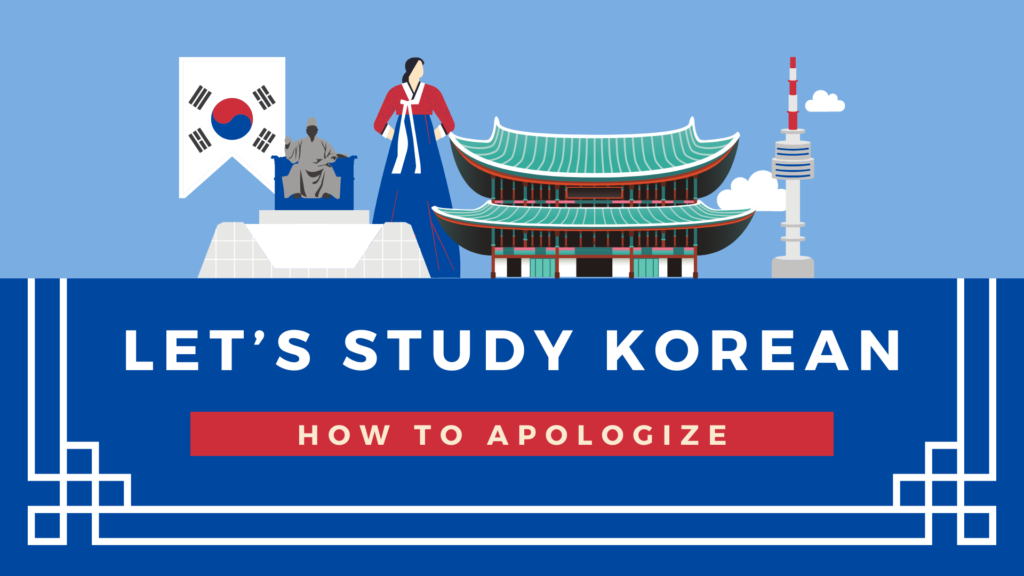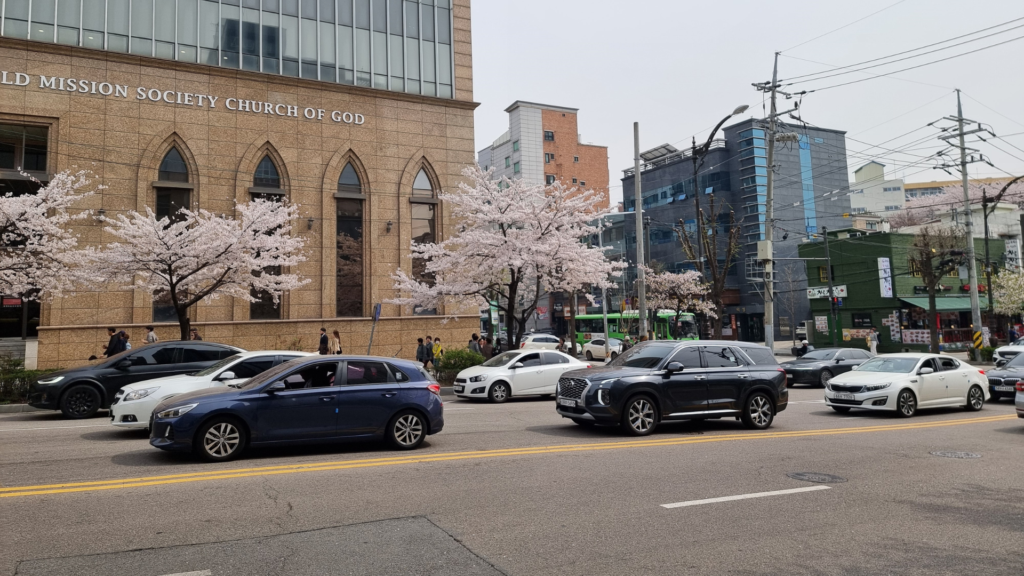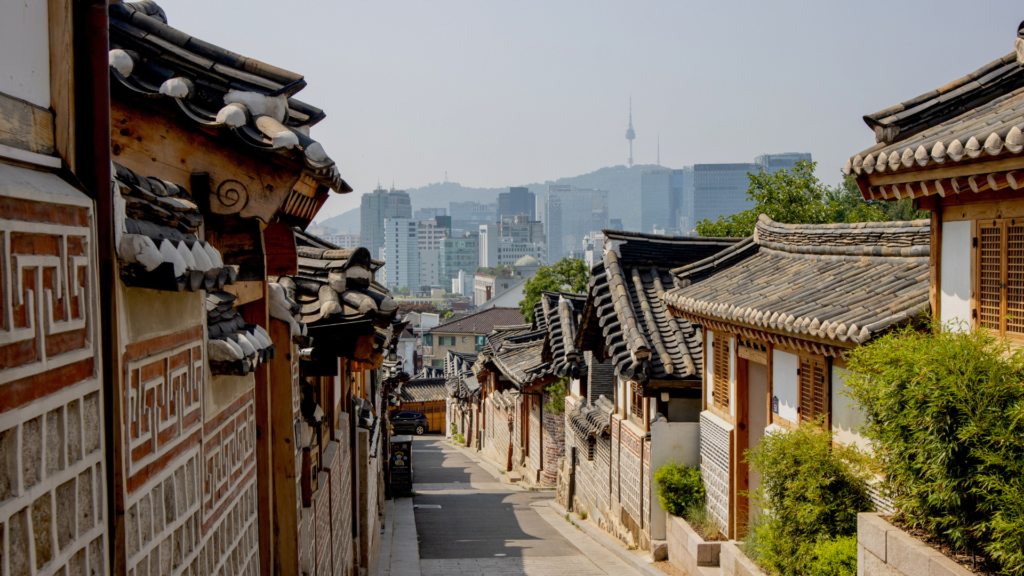Anyone who approaches Korean culture will sooner or later find themselves talking about one topic in particular: mandatory military service in South Korea. Why is it that young people who have just graduated from high school in South Korea are still forced to do so? What exactly is this duty to the country, and how does it affect mass culture? Let’s find out together what military service in South Korea consists of.
Since when has military service existed in South Korea?
Korean military service (대한민국의 병역 제도) was officially made mandatory in 1957, and is based on the Constitution of the Republic of Korea (대한민국 헌법). The Constitution was promulgated in 1948, and there you can find Article 39. It states that every citizen has the obligation to devote himself to National Defence under certain conditions. Since then, it has never been interrupted and has gradually become an integral part of Korean society. It has to be said that nowadays this kind of duty for the country is clearly not for the purpose of preparing for a possible war as it might have been in the past. In fact, tensions between North and South were much more heated in the last century, which is why it was important to train the people for the occasion. Nowadays, although officially the two Koreas are not at peace and the Panmunjeom Armistice of 1953 is still in place, the intentions of the two countries are absolutely aimed at mutual rapprochement.
In the tensest periods between the two Koreas, however, there was absolutely no way of avoiding three years’ military service, besides a few exceptions that we will see later. In our time, however, military service in South Korea has been considerably reduced in duration and the armed forces themselves have adopted less controversial methods of training.
Finally, we should clarify that women, although they may decide of their own free will to join the armed forces, are not subject to compulsory military service. On the other hand, men are obliged to do so between the ages of 19 and 28.

How the military service in South Korea works
Joining the military service in South Korea involves a few steps. When a Korean boy officially turns 19 (following the ‘Korean count’), he is required by the government to undergo an extensive medical examination. This exam will determine what kind of service the person will render to the country.
Following this medical check-up there are several outcomes, but they are divided into three results. If the person is healthy and is in good physical condition, they are expected to perform military service for an armed force. If they are not in good physical condition (such as having sustained injuries or have difficulties in performing intense physical activity) they are deemed unsuitable to join the armed forces. Instead, they can perform civil service in public bodies or institutions, serving citizens. Finally, the third result provides for total exemption due to physical or psychological reasons.
Depending on the type of service, the duration of the service may vary. If you join the South Korean Army (대한민국 육군) or the South Korean Marine Corps (대한민국 해병대) you will have to serve a total of 1 year and 6 months. In the Republic of Korea Navy (대한민국 해군) the period will be 20 months, while in the Republic of Korea Air Force (대한민국 공군) it will be 22 months. Finally, those chosen for civilian service will be tasked to serve the country for 1 year and 9 months.

Exemptions, celebrities, scandals
Military service in South Korea is still a source of controversy today. It has become so important and ingrained in society that not doing it could mean dishonor. Most men have performed this duty, so when it is discovered that someone else has not, it is considered unfair to the nation and all the other people who have had to sacrifice themselves. Very often one can see sudden scandals involving famous actors or singers. In order to avoid their duty, they have fled abroad or through connections or reasons of dubious veracity, have managed not to do their military service.
Now let’s talk about exemptions. It all started in 1973, when the then president, Park Chung-hee, introduced exemptions for artists and athletes with great achievements or medals. This type of non-participation in the service is still active today. A clear example is the famous Tottenham football player, Son Heung-min (손흥민), who with the national team won the gold medal at the 18th Asian Games in 2018.
There had recently been talk of a possible exoneration of the famous BTS group. Many argue that the boy band has contributed greatly to the spread of Korean culture around the world, and therefore deserves to continue with its artistic activities. However, the band members themselves have indicated that they are ready to serve the country, as almost all celebrities usually perform this type of duty without any problems. This is a recurring example, where famous male K-Pop bands are forced to temporarily disband for military service in South Korea. When this happens, fans always show all their support and nostalgia as they anxiously wait for their favourites to return to the stage. Although there are exemptions for great artists in the fields of classical music and ballet, K-Pop stars, actors and directors are not exempt.

Fun facts
In Korean mass culture, military service has strong influences. One concerns job interviews. Very often South Korean companies, when looking for new staff, make military service one of the requirements, while others also accept those who have been exempted. In these cases, in the description of the profile that the companies are looking for, you might find the following wording: ‘남자는 병역 필 또는 면세자‘ (namjaneun byeongyeok pil ttoneun myeonseja) or ‘men with military service or exemptions’.
Another funny curiosity is found in everyday language. Usually, when engaged men leave for military service in South Korea, they are afraid that their girlfriend might break up with them. This fear is described with a single phrase, ‘고무신을 거꾸로 신다‘ (komushineul keokkuro shinda) which literally means ‘wearing your rubber shoes backwards’. However, the real meaning is ‘leaving your boyfriend while he is doing his military service’.
If you love Korean culture and want to learn more about it, keep following the Go! Go! Hanguk blog! Or contact us for living and studying in Korea.















